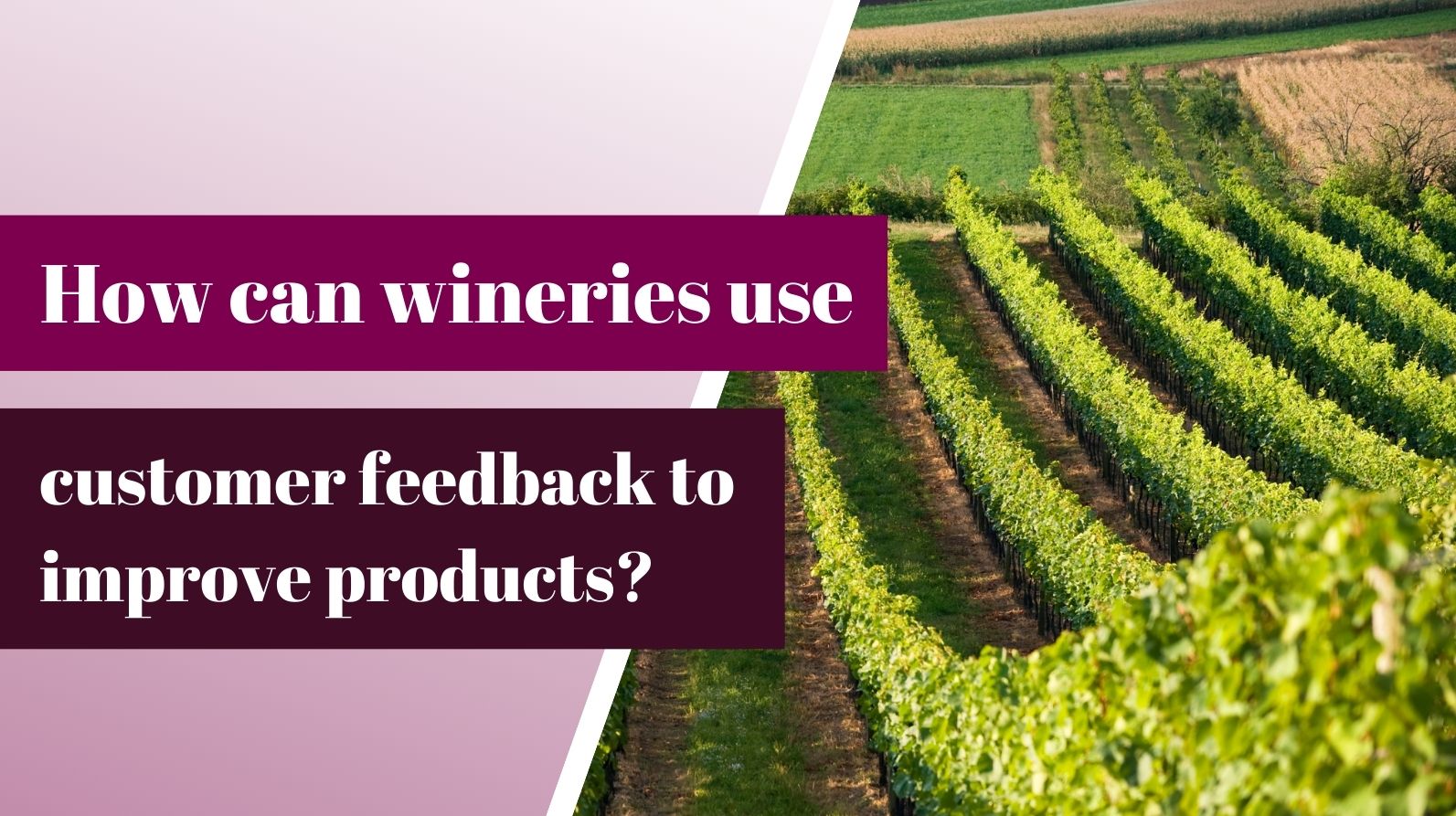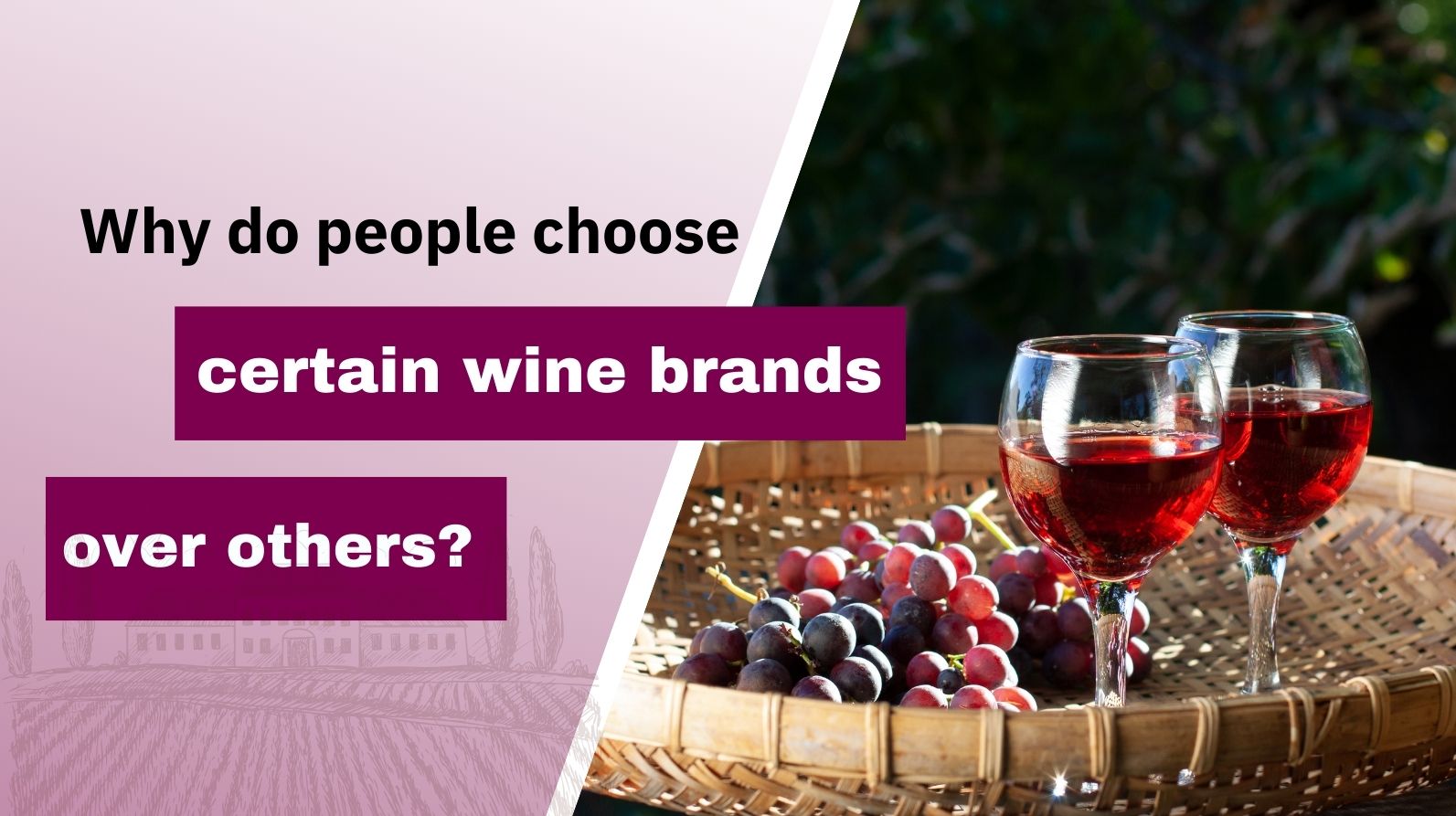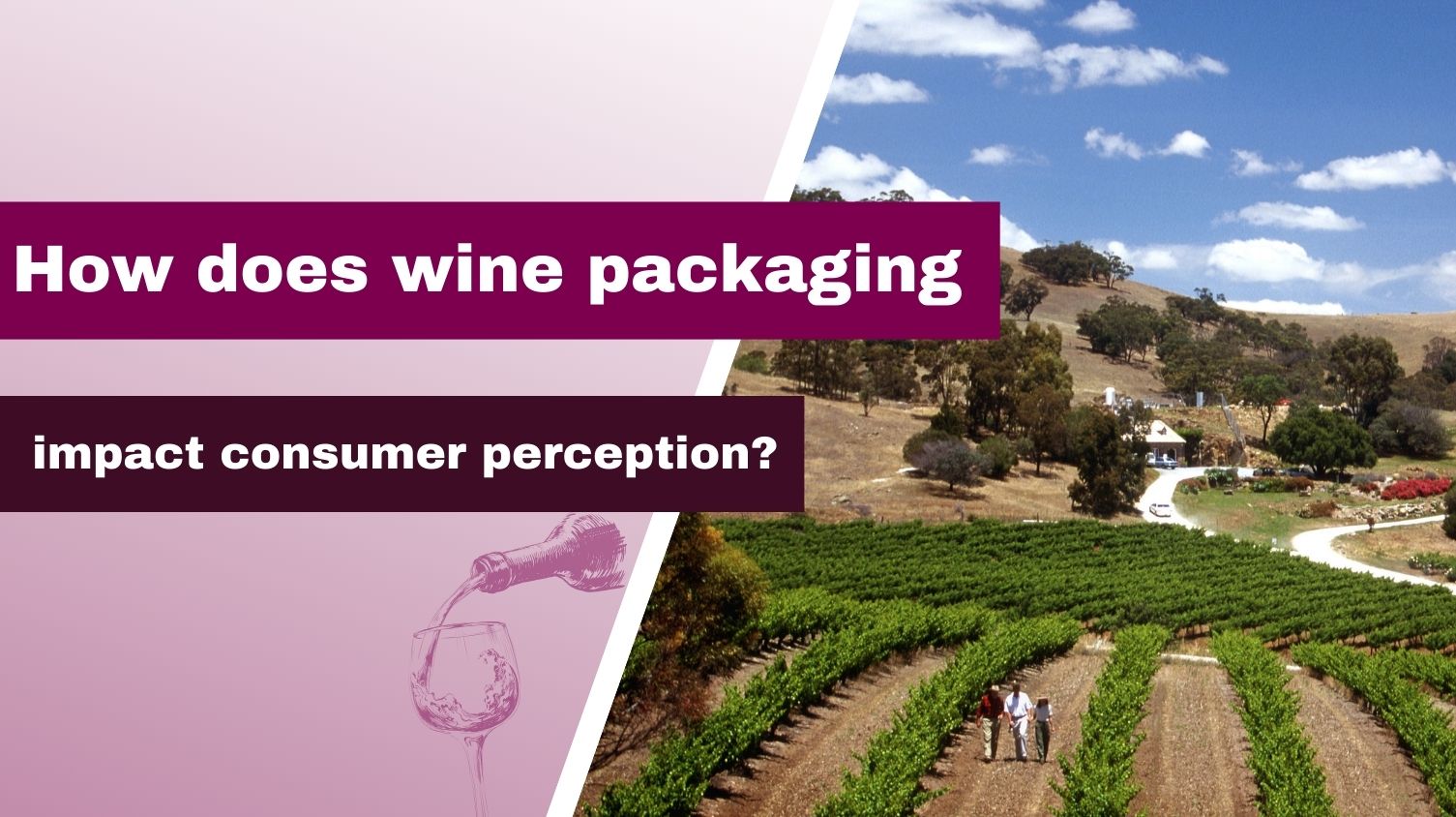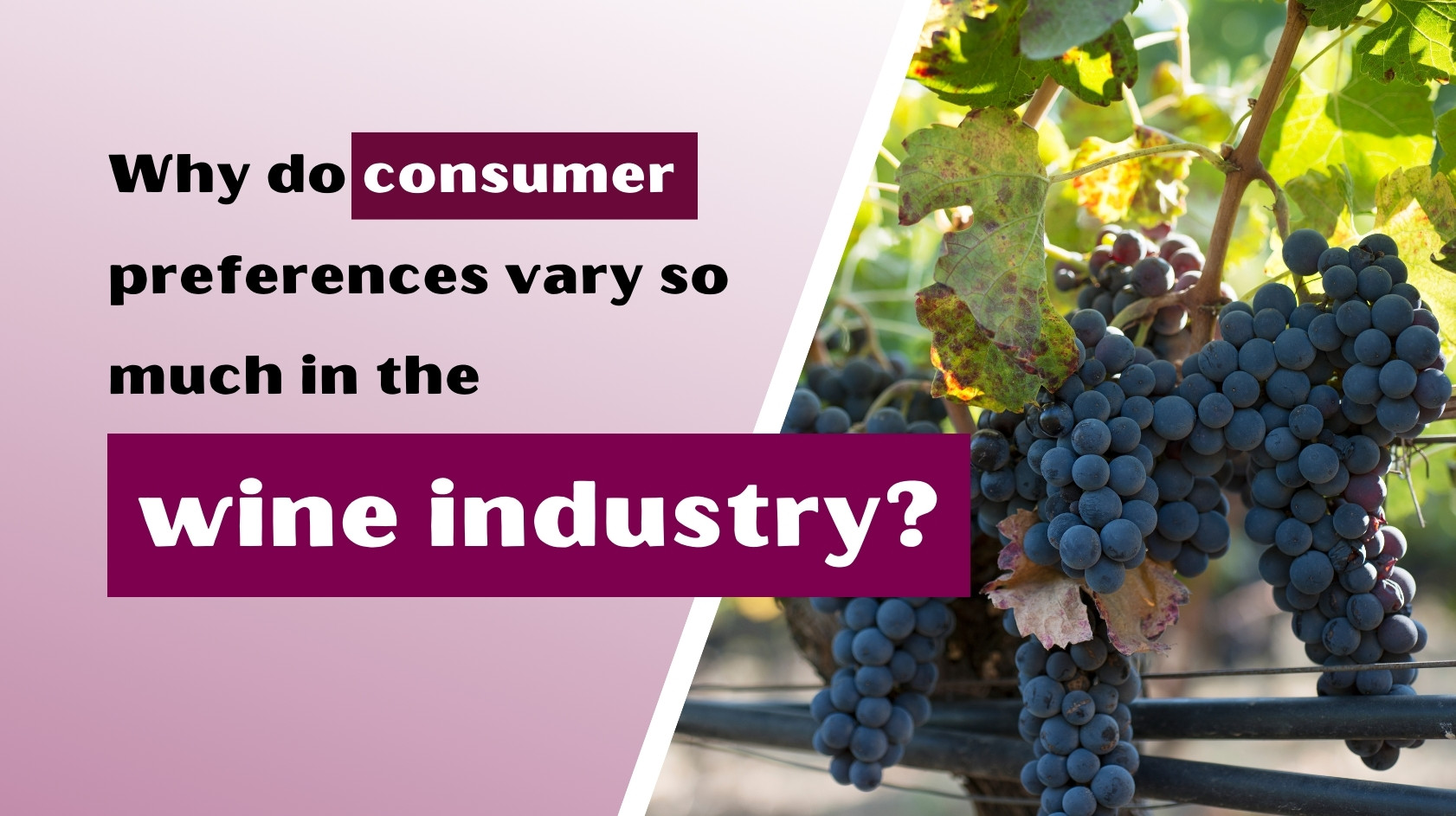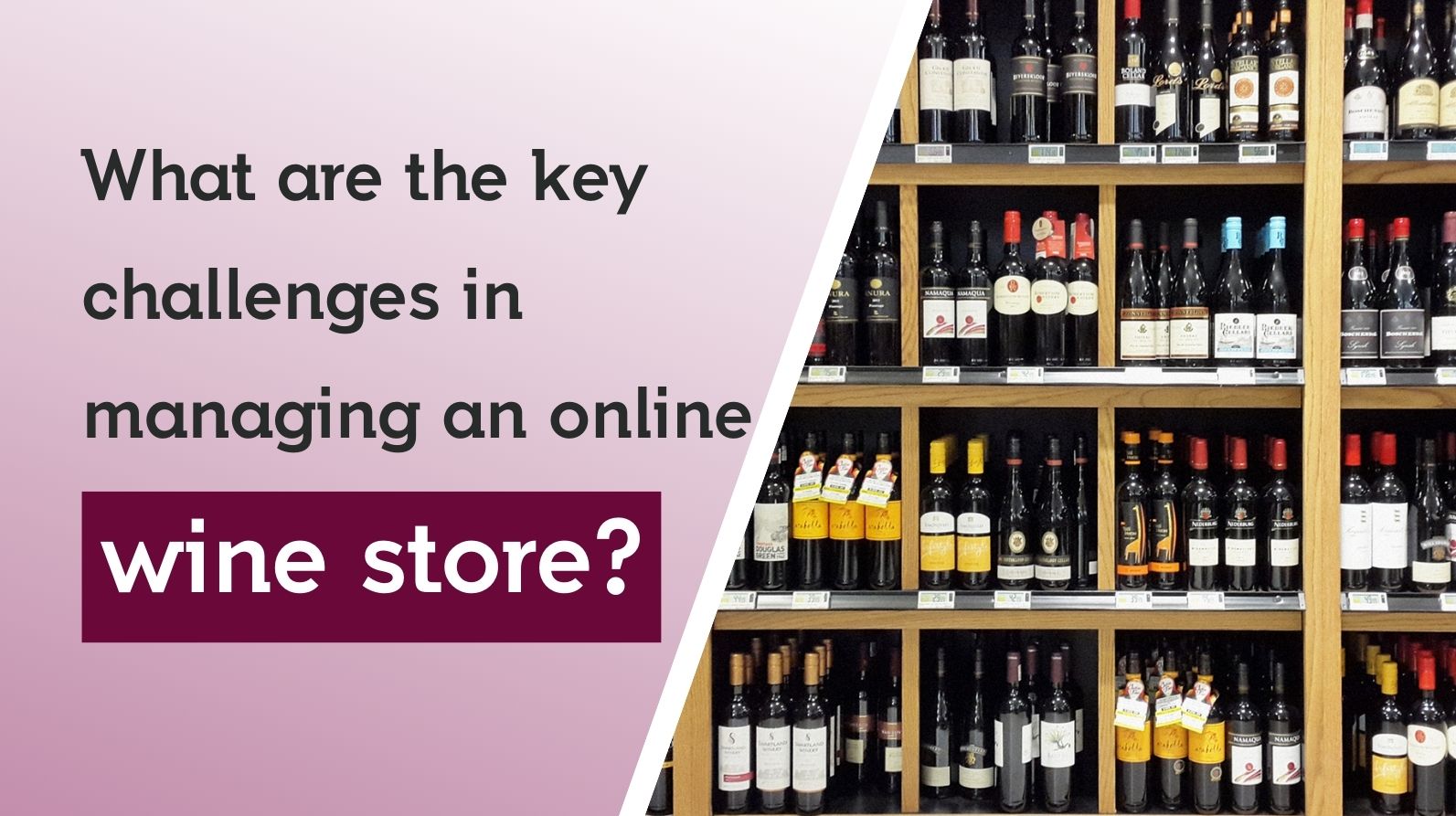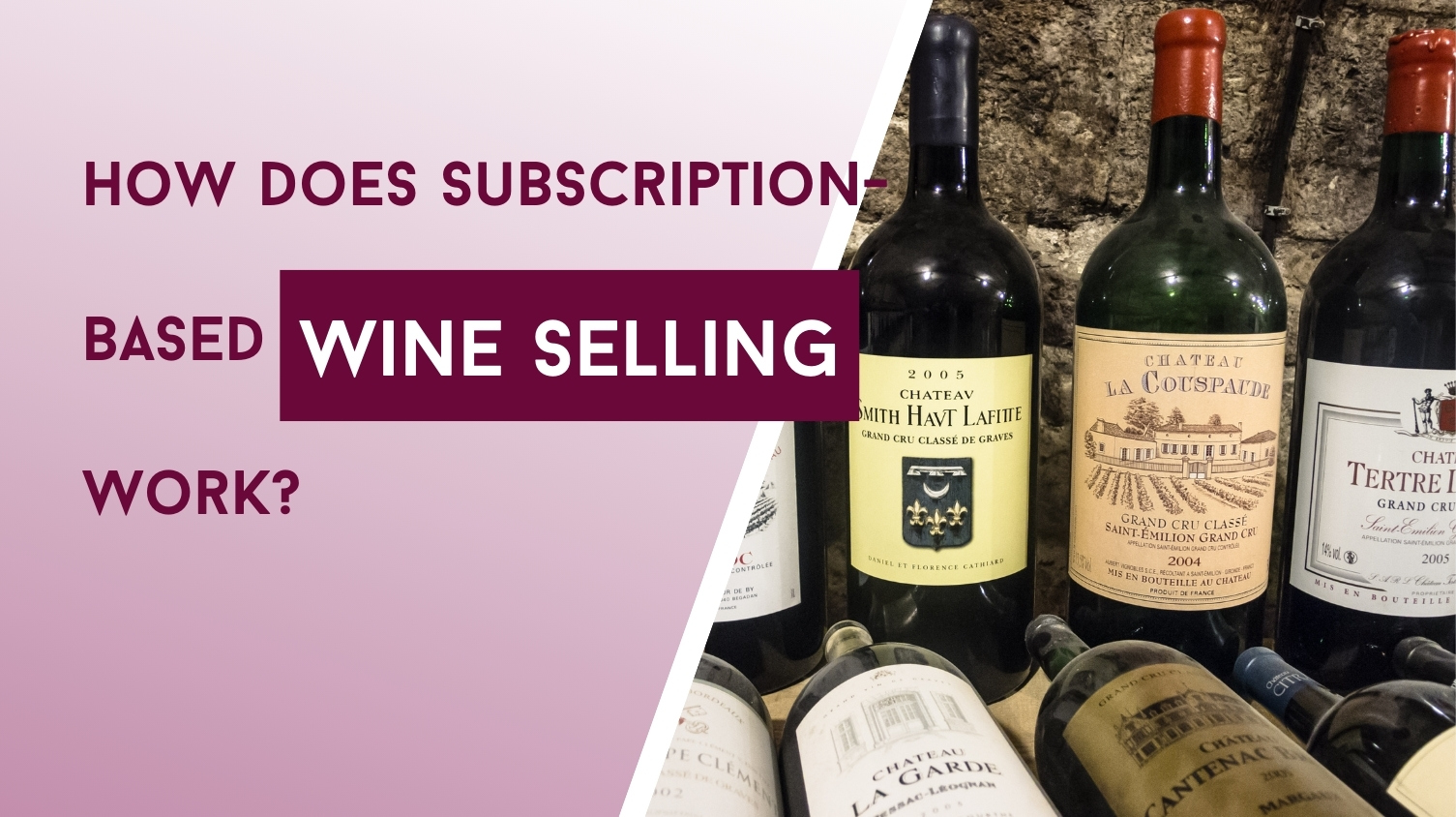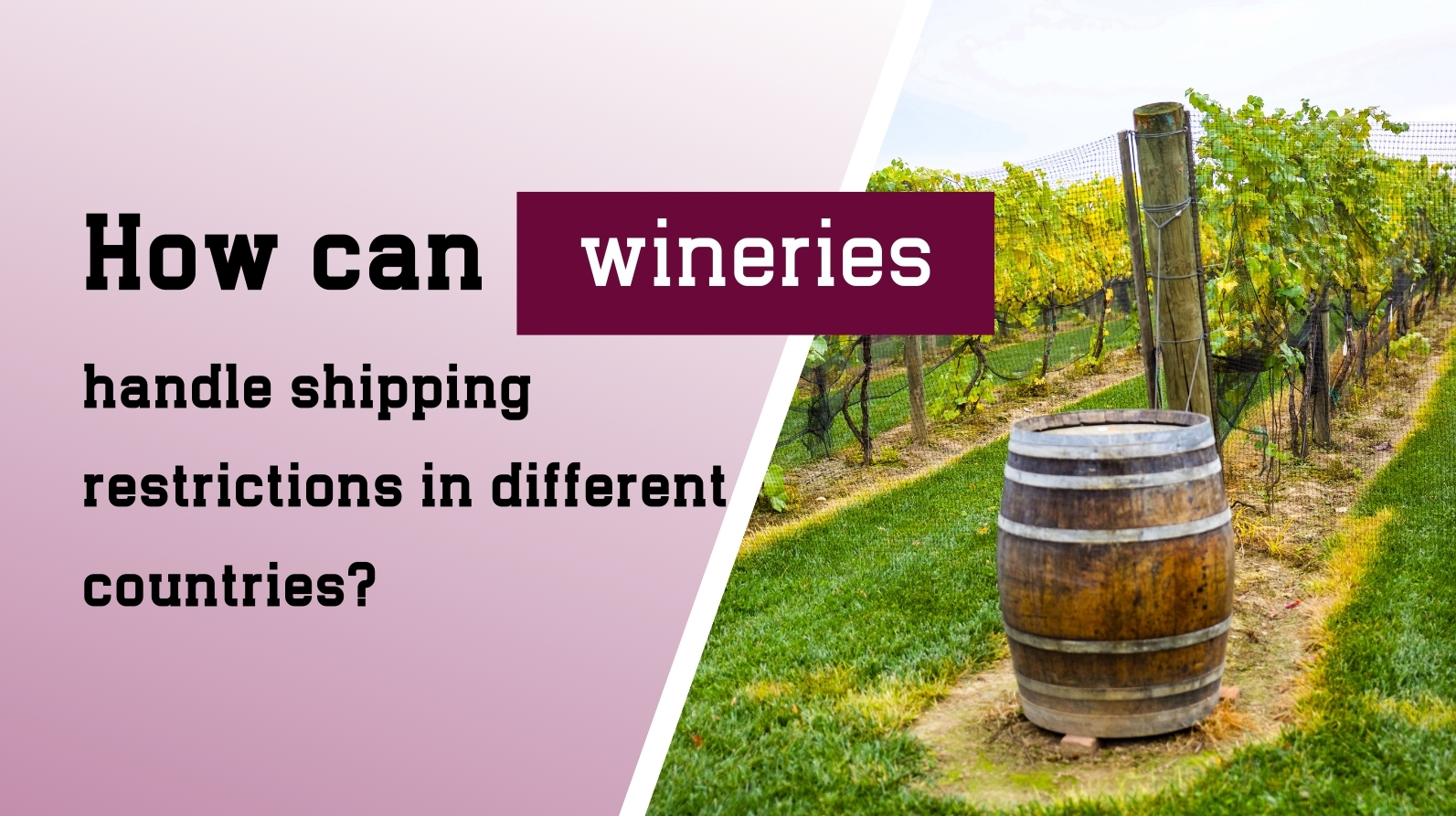How Do Wineries Stand Out in a Competitive Market?
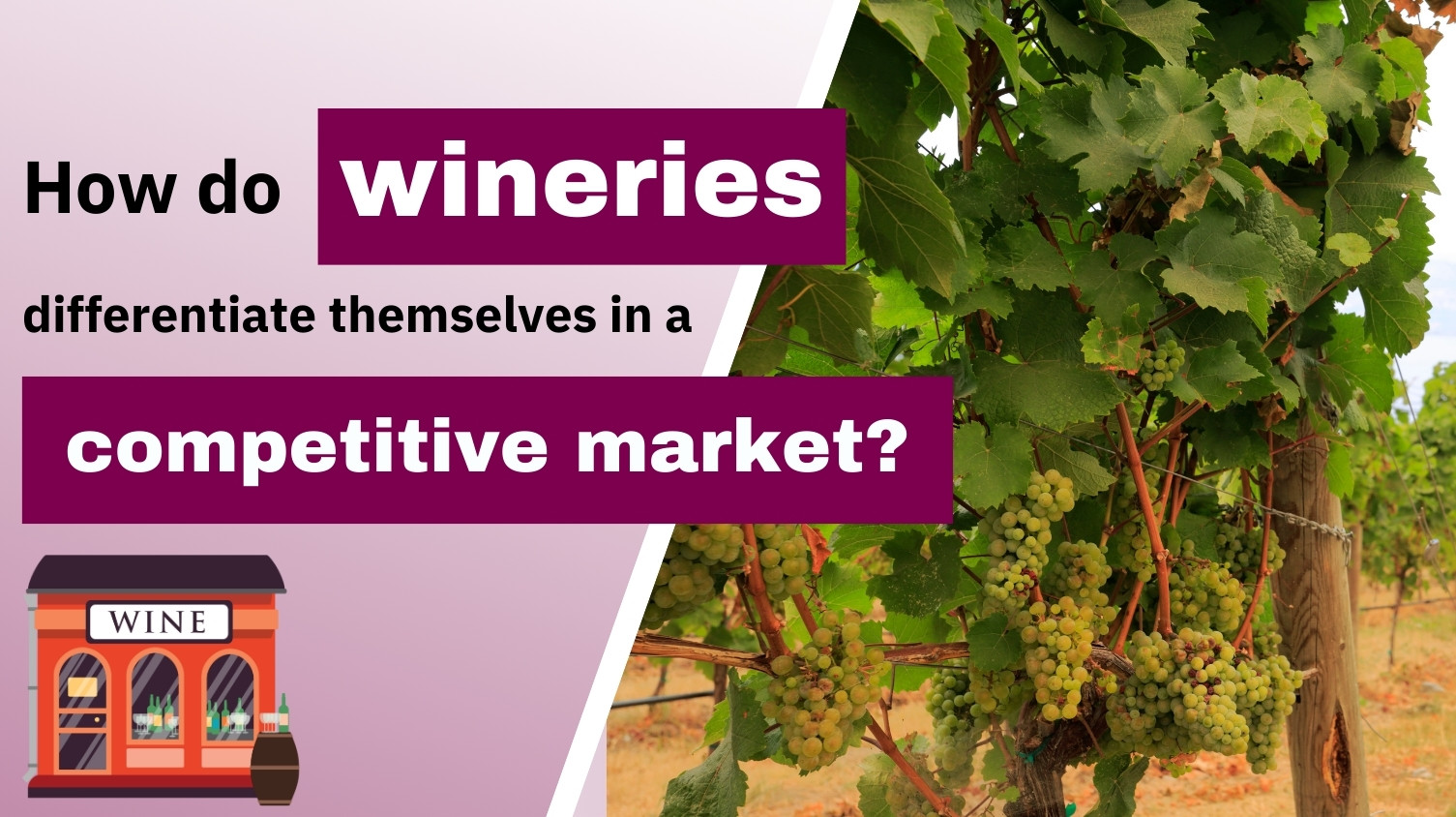
How Do Wineries Stand Out in a Competitive Market?
The wine industry is full of choices. With thousands of wineries around the world, it’s easy for a new or small winery to get lost in the crowd. So, how do some wineries make a name for themselves while others struggle?
The key is to offer something special—something that makes customers remember and choose your wine over others. Wineries don’t just sell wine; they sell an experience, a story, and a unique taste. Let’s explore how wineries set themselves apart in a competitive market.
1. Showcasing the Region and Land (Terroir)
Every wine comes from a specific place, and that place plays a big role in how the wine tastes. This is called terroir, which includes the soil, weather, and climate where the grapes grow.
For example:
Bordeaux, France is known for its rich and bold red wines.
Napa Valley, USA is famous for its smooth and fruity Cabernet Sauvignon.
Tuscany, Italy produces world-class Chianti with earthy flavors.
When wineries highlight what makes their location special, it helps customers understand why their wine is unique.
2. Using Special or Rare Grapes
Most people know about Cabernet Sauvignon, Merlot, and Chardonnay, but some wineries stand out by using less common grapes.
For example:
Carménère from Chile – A deep red wine with spicy and smoky notes.
Assyrtiko from Greece – A crisp white wine with fresh citrus flavors.
Petit Verdot from France – A bold, full-bodied red often used in blends.
By focusing on rare or unusual grapes, wineries attract wine lovers who enjoy discovering something new
3. Making Wine in an Eco-Friendly Way
Many people today care about the environment and want to buy products that are produced sustainably. Some wineries set themselves apart by using organic or biodynamic farming methods.
Eco-friendly practices include:
No chemicals – Avoiding harmful pesticides and fertilizers.
Natural fermentation – Letting nature do its work instead of adding artificial ingredients.
Solar energy – Using renewable energy sources for production.
When wineries show their commitment to the environment, they build trust with customers who care about sustainability.
4. Creating Limited-Edition Wines
People love exclusive things. Some wineries produce small batches of wine, making them rare and highly sought after.
For example:
A winery might release only 1,000 bottles of a special vintage.
Certain wines are made only in excellent weather years, making them unique.
Limited-edition wines might only be available to wine club members.
When wine is hard to find, people want it more, which helps wineries build a premium brand.
5. Using Unique Winemaking Techniques
Some wineries stand out by using special techniques that change the way the wine tastes.
Examples include:
Aging in different types of barrels – Instead of just using oak, some wineries age wine in chestnut, cherry, or acacia wood barrels for a unique flavor.
Natural yeast fermentation – Instead of adding yeast, some wineries let natural yeast from the grapes start the fermentation process.
Using ancient clay pots (amphorae) – This is a traditional method used for thousands of years, creating a very distinct wine taste.
When wineries share their special methods, customers feel more connected to the wine and the process behind it.
6. Telling a Unique Story
People don’t just buy wine—they buy the story behind the wine. Wineries that share their history, values, and passion can create emotional connections with customers.
For example:
A family-owned winery that has been passed down for generations.
A winemaker who left a corporate job to follow their dream.
A winery that survived a natural disaster but came back stronger.
Stories make a winery memorable. When customers feel connected to a brand, they are more likely to stay loyal and recommend it to others.
7. Offering a Memorable Customer Experience
A great experience can turn a one-time visitor into a lifelong customer. Wineries that focus on making customers feel special will always stand out.
Some ways wineries create unforgettable experiences:
Winery tours – Letting visitors see where and how the wine is made.
Wine and food pairings – Offering meals that complement the wine.
Wine blending workshops – Allowing guests to create their own custom wine.
Beautiful outdoor spaces – Providing scenic picnic areas or vineyard views.
When customers have a great time at a winery, they share their experience with friends and on social media, bringing in more business.
8. Smart and Targeted Marketing
Marketing helps wineries reach the right audience. Instead of trying to appeal to everyone, successful wineries focus on their ideal customers.
Some great marketing strategies include:
Social media storytelling – Posting behind-the-scenes videos of vineyard life.
Wine subscription services – Offering monthly or seasonal wine deliveries.
Collaborating with influencers – Partnering with sommeliers or food bloggers.
Hosting online wine tastings – Engaging with customers from anywhere in the world.
By using smart marketing, wineries can build brand loyalty and attract more customers.
9. Innovating with New Wine Styles and Packaging
Some wineries get creative to attract modern consumers. Instead of following traditional rules, they try new ideas.
Some examples include:
Canned wine – Perfect for outdoor events and younger wine drinkers.
Low-alcohol or alcohol-free wine – Great for health-conscious customers.
Fun and artistic labels – Making bottles stand out on the shelves.
By staying up-to-date with trends, wineries keep their brand exciting and fresh.
Conclusion: What Makes a Winery Stand Out?
The wine market is competitive, but wineries that focus on what makes them unique will always find success. Whether it’s their location, grape selection, sustainability, or customer experience, the best wineries make people feel something special when they drink their wine.
At the end of the day, wine isn’t just a drink—it’s a story, a tradition, and an experience.

